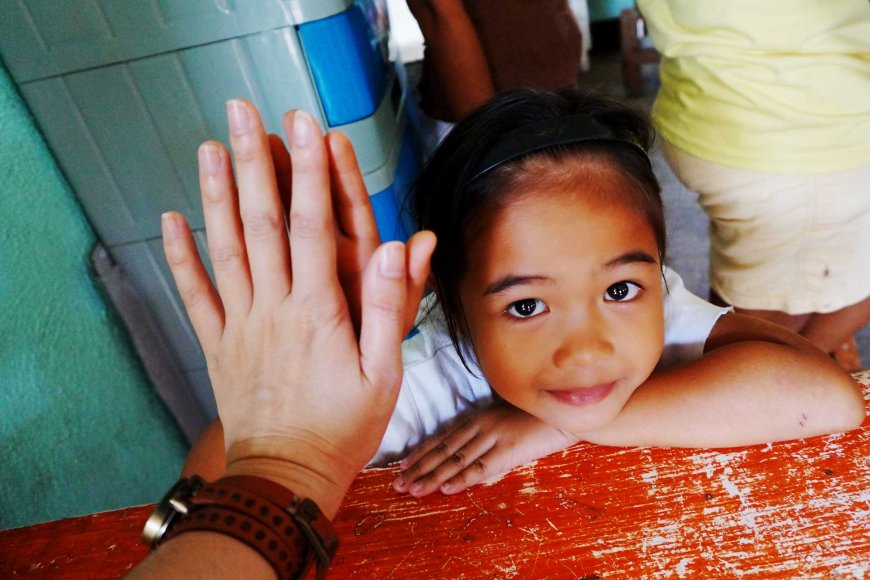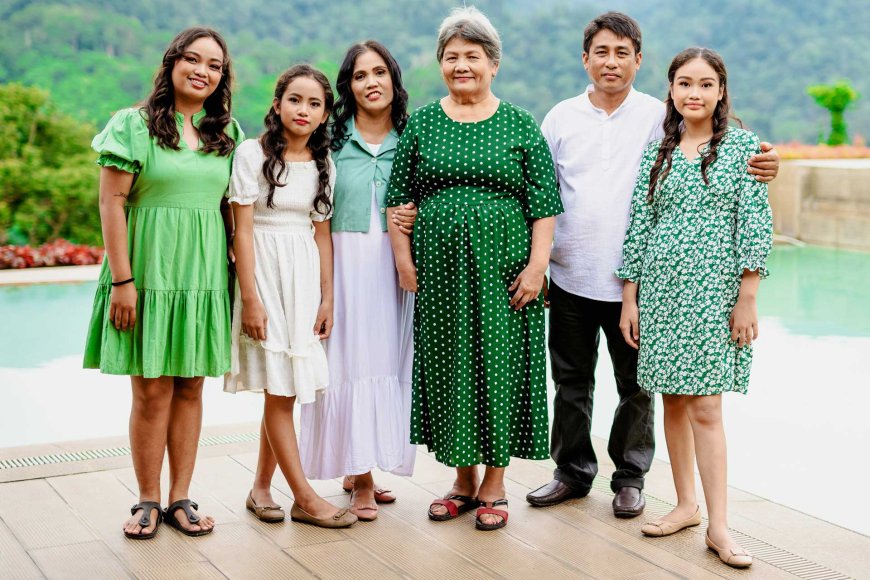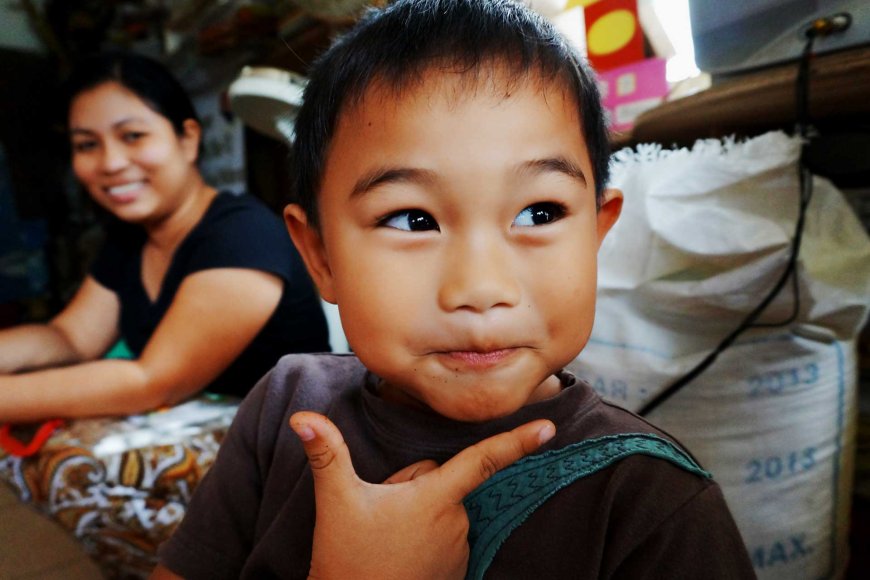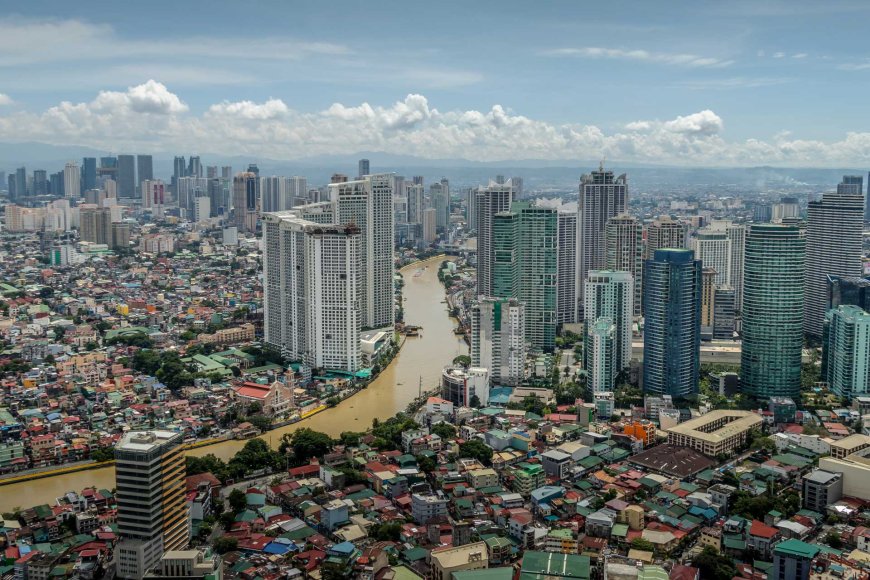Is it Filipino Culture to Move Out of Your Parent's House?
Filipino family life, where tradition meets modern aspirations. The evolving dynamics of living arrangements in the Philippines.

Traditions and Familial Values
The dynamics of family life vary across cultures, and in the Philippines, the concept of close-knit familial ties holds significant cultural importance. However, as societal norms evolve, so too do familial dynamics. One question that often arises is whether it's part of Filipino culture for individuals to move out of their parent's house.

Filipino culture places a strong emphasis on family unity and interdependence. Historically, multiple generations often lived under one roof, with grandparents, parents, and children sharing the same household. This arrangement fosters close bonds, support networks, and a deep sense of familial obligation.

Bayanihan Spirit and Extended Families
The concept of "bayanihan," or communal unity, is deeply ingrained in Filipino culture. Extended families often live together, pooling resources and sharing responsibilities. This arrangement not only eases financial burdens but also strengthens familial bonds, as relatives provide emotional support and assistance in times of need.

Respect for Elders and Familial Authority
Filipino culture places great importance on respecting elders and familial authority. Children are raised to honor and obey their parents, and moving out of the parental home may be perceived as a sign of disrespect or abandonment. As such, many Filipinos choose to remain with their parents until marriage or until economic circumstances necessitate independence.

Modern Influences and Changing Trends
While traditional familial values continue to shape Filipino family life, modern influences are reshaping societal norms and attitudes toward living arrangements. Factors such as urbanization, economic opportunities, and changing cultural attitudes contribute to a shifting landscape where moving out of the parental home is increasingly common.

Urbanization and Economic Opportunities
The rapid urbanization of the Philippines has led to increased migration from rural to urban areas in search of better economic opportunities. In cities, the cost of living is higher, and individuals may need to move out of their parent's house to pursue education or employment opportunities. This trend is particularly prevalent among young adults who seek independence and autonomy.

Changing Cultural Attitudes and Western Influences
Globalization has brought about changes in cultural attitudes, with Western ideals of individualism and independence influencing Filipino youth. The desire for personal freedom and self-expression may prompt individuals to move out of their parent's house at a younger age, seeking to establish their own identity separate from familial expectations.

Navigating Cultural Expectations and Personal Choices
For many Filipinos, the decision to move out of their parent's house is not solely influenced by cultural norms but also by personal circumstances and aspirations. Balancing traditional values with individual autonomy can be a complex process, requiring careful consideration of familial expectations, financial stability, and personal goals.

Financial Independence and Familial Obligations
In Filipino culture, the concept of "utang na loob," or indebtedness, plays a significant role in familial relationships. Children are expected to reciprocate their parents' sacrifices by providing financial support and care in their old age. As such, the decision to move out of the parental home may be weighed against the obligation to support one's family financially.

Redefining Familial Bonds in the Modern Age
As Filipino society evolves, so too do familial dynamics. While the traditional model of extended families living together remains prevalent, more individuals are exploring alternative living arrangements that prioritize personal autonomy and independence. This shift does not diminish the importance of familial bonds but rather reflects the diverse ways in which Filipino families adapt to changing times.

Balancing Tradition and Personal Choice in Filipino Homes
The question of whether it's Filipino culture to move out of your parent's house is multifaceted, reflecting the complex interplay of tradition, modernity, and individual choice. While familial values and cultural norms continue to shape Filipino family life, changing societal dynamics and personal aspirations contribute to a diverse range of living arrangements. Ultimately, the decision to move out of the parental home is deeply personal, influenced by a myriad of factors that vary from individual to individual.
Find Cheap Flight Tickets to any Destinations in Japan and the Philippines
Nipino.com is committed to providing you with accurate and genuine content. Let us know your opinion by clicking HERE.































































